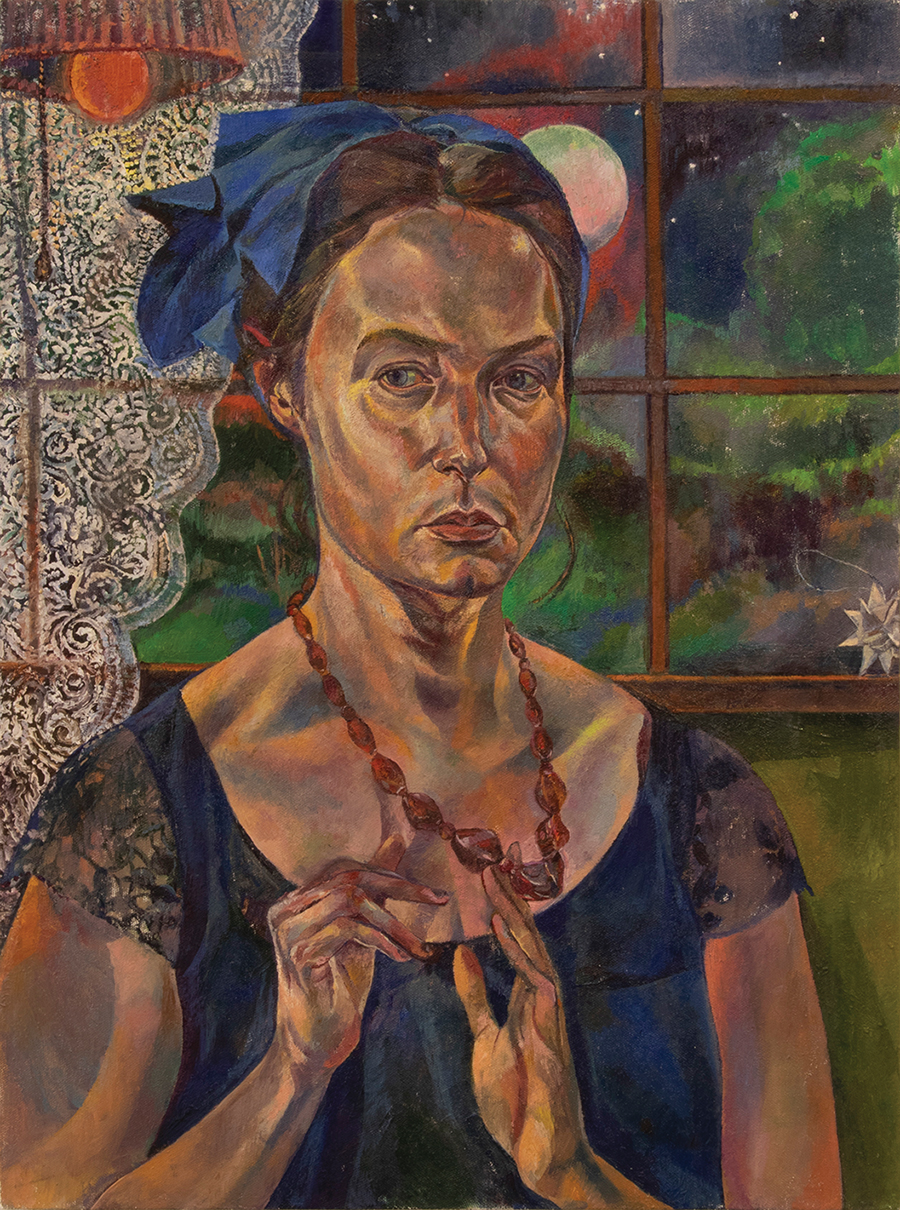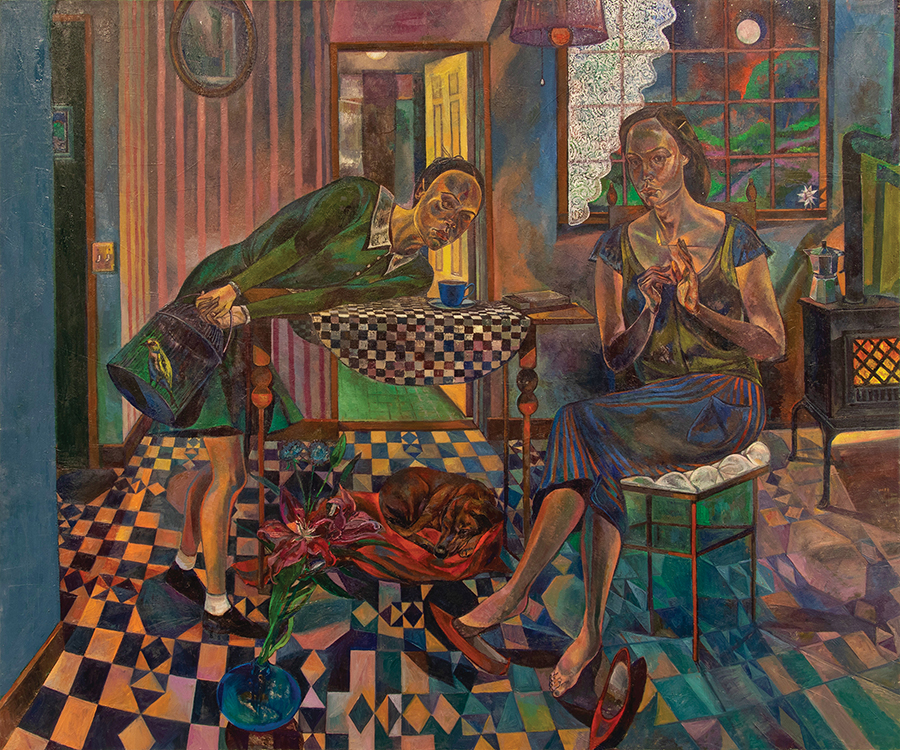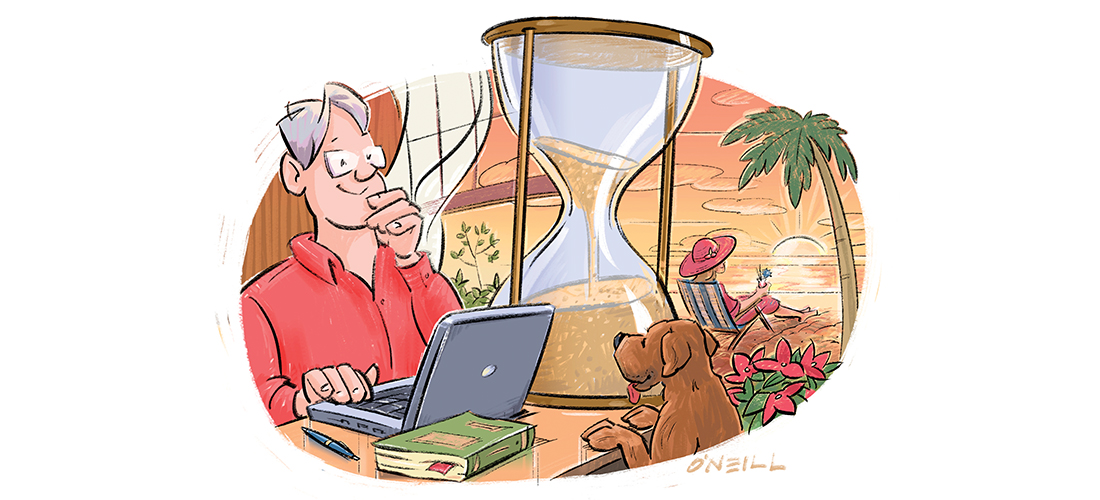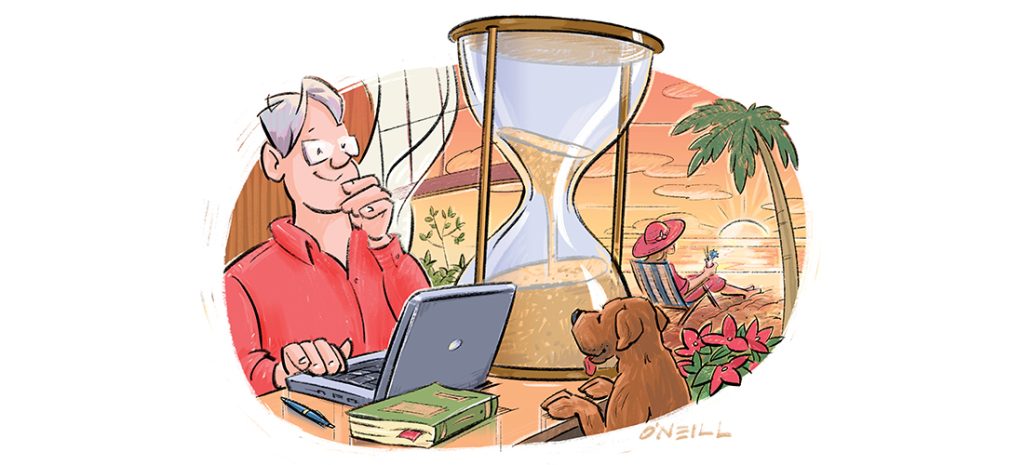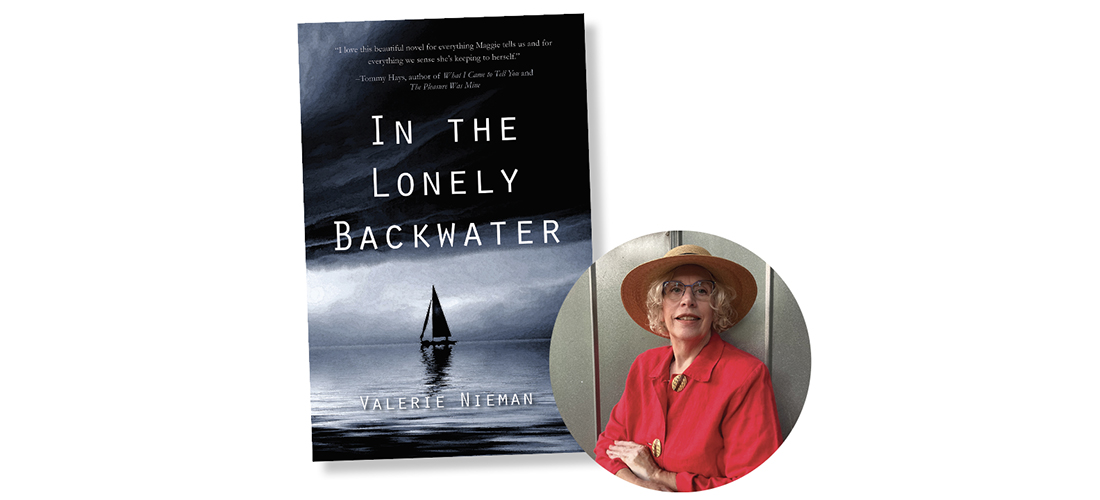Remembering a Hero
A cabin, a pack of Red Man and a distant war
By Tom Bryant
Sometimes fall has a way of sneaking up right in the middle of summer, or maybe it just seems like it. That’s the way it was just prior to dove season: scorching hot days, long soft humid nights and then bam, a cool day that guarantees that summer has had its time and here we go with the next part of the year. That’s one reason I love North Carolina with its defined seasons.
Summer might bleed into fall; but when the sun rises lower on the horizon and shadows lengthen and cicadas sing in earnest, a smart man will check his woodpile, hoist out the winter clothing, and make sure his hunting coat and boots are ready. Deck shoes, shorts and knit shirts are to be put away.
That’s exactly what I was doing when the call came from Bubba. I had hunting gear piled high in the roost, our little garage apartment where I write, mess with outdoor gear and, in general, just hang out. I was making sure everything was ready for the upcoming cold months when Linda, my bride, came to the door and shouted up the stairs. “Tom, Bubba has been trying to call you. Where is your phone?”
“Oh, man. I forgot. It’s in the truck. I’ll get it and call him back.”
She laughed and said, “I don’t know why you have a phone. You never have it with you.”
I hustled down to the Bronco, found the phone under the front seat and saw where I had missed four calls from Bubba. I punched a button and returned his call.
“Coot.” Bubba had installed the nickname Cooter years before and it took. “That woman you married is too good for you. I don’t believe you would ever get a phone call if it wasn’t for her.”
I laughed and said, “You’re right, Bubba. I know it more and more every day. She does have a tendency to look out for me. What’s up? I thought you were heading to Costa Rica fishing.”
“Naw, decided to stay home and do a little dove shooting. That’s the reason I’m calling. Several of the old-timers are gonna meet at Slim’s store Saturday and talk about likely spots to hunt. Come on up and join us. We sure don’t want to leave you out. Ritter’s gonna be here with some of his apple brandy, and even Johnson is joining us. There’ll be a good crew.”
Slim’s store was a tradition in that part of the country, catering to hunters, fishermen and as Slim loved to put it, reprobates of all kinds. After Slim passed away, Bubba bought the place, kept Slim’s cousin, Leroy, to run the business on a daily basis so, as Bubba put it, “I’ll have a place to go. Plus I like the coffee.”
“I’ll be there, Bubba. I’m just in the process of checking out some gear. It sure feels like fall, doesn’t it?”
“Yep, and I’m sure ready. See you Saturday.”
I decided to drive the old Bronco up to Slim’s place to check her out. I recently had a lot of work done on the old vehicle and wanted to see how she would ride. I thought as long as I kept to the back roads, everything should be OK. She was slow, but she usually got me there.
The old crew was kicked back in rockers on the side porch when I pulled into the gravel parking lot. At one time Slim had tried selling gas, but that didn’t work. So he had the pumps removed to make room for a spot to play horseshoes. He always said he hated those gas pumps, a lot of trouble for nothing.
It was good to see the old group, and after a reasonable amount of good-natured insults, we all relaxed and enjoyed each other’s company. Old Man Time was beginning to trim the ranks of the aging crew. In the couple of years since my last visit, several had gone on to their rewards. Somehow, I’ve always had a feeling that everything would remain the same, but lately, age and time have proven me wrong.
Most of the crowd broke up early, having to get home for one reason or another, and as the sun set and the moon began to rise over the tree line where Johnson’s pasture used to be, only Bubba, Johnson, Ritter and I were left to hold forth.
“It seems funny not to see cows over there in that pasture, Johnson,” Bubba said.
“I know, but the developer had more money than them cows. I did get him to promise to keep that space green, though.”
Johnson had sold out his farm several years ago to a major developer who’d split it up into 10-acre mini-farms.
“I hope you did more than get a promise,” Bubba replied.
“I did. It’s in the contract that he has to keep that buffer like it is.”
Leroy came out, careful not to let the screen door slam. “Bubba, I’m heading home. Lock up before you leave. Good to see you guys.”
“OK, Leroy. Coot’s gonna stay overnight. We’ll be back in the cabin.” Bubba had built a small log cabin behind the store on a little pond that Slim had put in years before. He used it every now and then when he partook a little too much of Ritter’s apple brandy.
We watched Leroy’s pickup drive up the road. “That’s a good man you got there running the store, Bubba.” Johnson said.
“Yep, I’m lucky to have him. I think Slim would approve.”
Ritter reached in a pocket of the coat he had hung over the porch banister and pulled out a pouch of Red Man chewing tobacco. He answered the inquisitive looks. “I know, I started chewing again last week. I haven’t had a good chew since I was in Vietnam.”
We watched as the moon slowly rose over the pines. Bubba had gone in and turned off the outdoor lights, and when he sat back in his rocker he said, “If your brandy won’t kill you, that tobacco surely will.”
“Yep.” Ritter was quiet for a time. “You know I feel I’ve been living on borrowed time ever since that stupid war.” He had served in the Marines, and his platoon was one of the first to suffer casualties.
“I had a dream the other night about one of the boys who didn’t make it home. His name was Bud, a nickname really, picked up in boot camp. He was big, stood about 6 feet 4 inches and weighed around 250. And could he eat! Always borrowing C-rations when we were in the field. The drill instructors gave him the name Bud by calling him Big, Ugly and Dumb, shortened to Bud.
“We were still using M1 rifles then, M1As came later and then M14s, but we mostly liked the M1. Bud was so big he carried a .30-caliber machine gun. He toted that heavy thing like it was a tobacco stick.”
We sat silently watching across the old pasture. The moon was fully up now, and as a group we were surprised to hear Ritter talk about his war experience. In the past he would respond to any question about his service with only a perfunctory answer.
“Bud was a real hero,” he continued. “He’s the reason four of us in the unit came home from that stinking war.”
I don’t know if Ritter’s melancholy eloquence came from his own brandy or old age or maybe the dream he had about his friend, but in the moonlight I thought I could see a tear on his cheek. “Are you all right?” I asked.
“Yep, Coot,” he replied as he wiped his cheek. “I learned a long time ago in that war that you don’t cry for heroes, because there were so dang many. Bud was one of the best.”
No one broke the spell by speaking. We just sat silently, lost in our thoughts. OH
Tom Bryant, a Southern Pines resident, is a lifelong outdoorsman and PineStraw’s Sporting Life columnist.




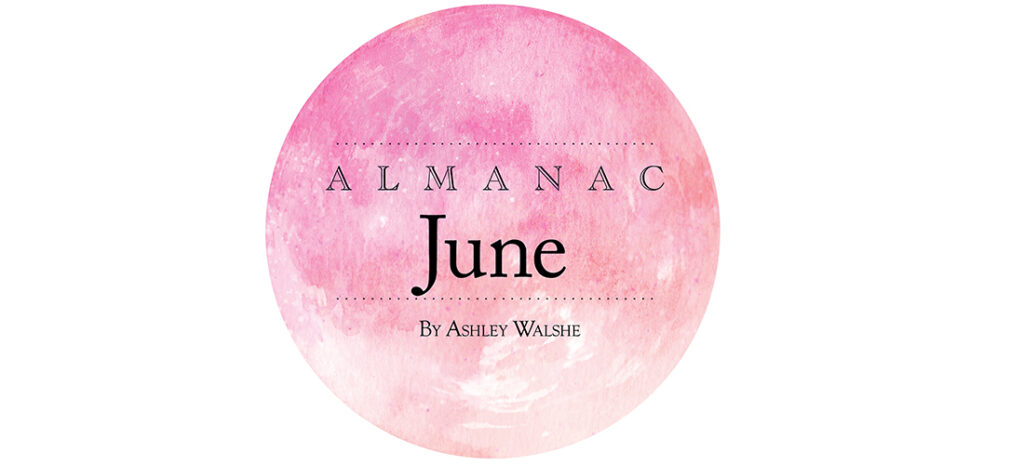




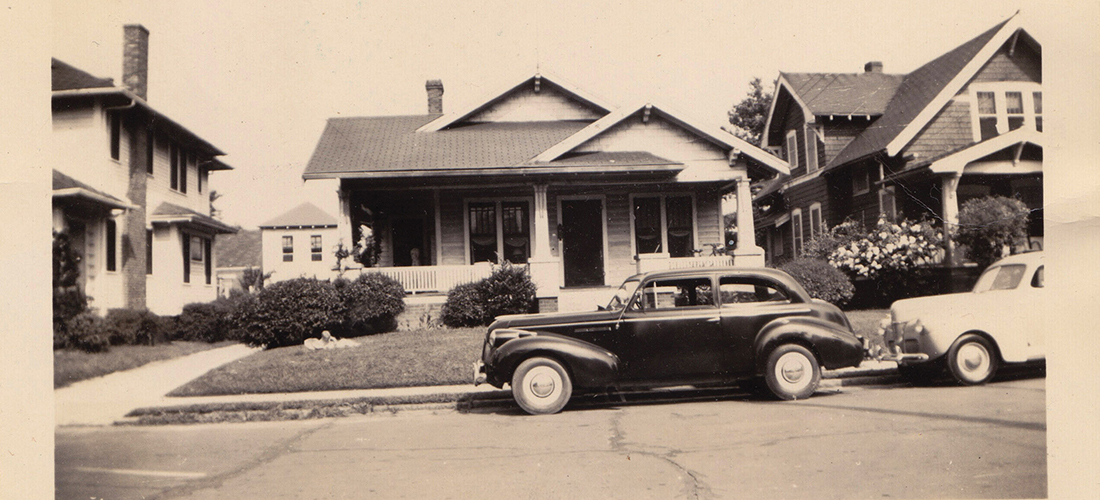
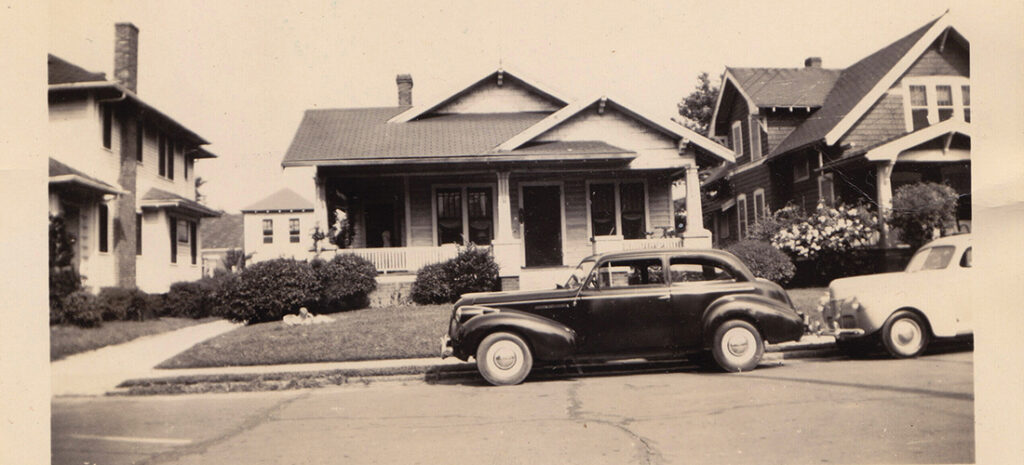


 .
.  .
. 
